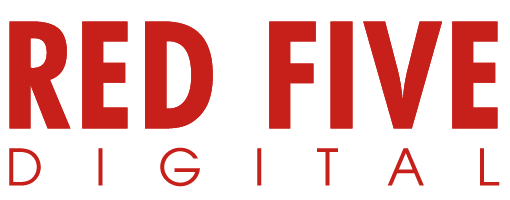In the realm of online marketing, Pay-Per-Click (PPC) advertising stands out as a powerful tool for driving targeted traffic to websites and generating leads. However, simply running PPC campaigns isn’t enough to guarantee success. Maximizing Return on Investment (ROI) requires a strategic approach, meticulous planning, and continuous optimization. In this article, we delve into essential tips and tricks for crafting and managing PPC campaigns that deliver tangible results.
Thorough Keyword Research
The cornerstone of any successful PPC campaign lies in comprehensive keyword research. Instead of relying solely on broad terms, delve deeper to identify long-tail keywords that are more specific to your target audience’s search intent. Tools like Google Keyword Planner, SEMrush, or Ahrefs can assist in uncovering relevant keywords with high search volumes and low competition.
Refine Ad Copy
Craft compelling ad copy that resonates with your audience and encourages clicks. Highlight unique selling points, address pain points, and include a clear call-to-action (CTA) to drive action. A/B testing different ad variations allows you to determine which messages resonate best with your audience and refine your approach accordingly.
Landing Page Optimization Ensure that your landing pages are aligned with the messaging of your ads and provide a seamless user experience. Optimize landing pages for speed, mobile responsiveness, and clarity of information. Implement clear CTAs and minimize distractions to maximize conversion rates.
Segmentation and Targeting
Segment your audience based on demographics, interests, or previous interactions with your website. Tailor your ads and bidding strategies to each segment to ensure relevance and maximize engagement. Utilize remarketing campaigns to re-engage users who have previously interacted with your website but haven’t converted.
Ad Extensions
Take advantage of ad extensions to provide additional information and increase the visibility of your ads. Extensions like site links, callouts, and structured snippets enhance the ad’s appearance and provide users with more reasons to click. Experiment with different extensions to see which ones yield the best results for your campaigns.
Bid Management
Effective bid management is crucial for optimizing campaign performance and maximizing ROI. Continuously monitor keyword performance, adjust bids based on performance data, and allocate budget towards high-performing keywords and campaigns. Automated bidding strategies, such as target CPA or ROAS (Return on Ad Spend), can streamline the bidding process and improve efficiency.
Ad Scheduling
Analyze data to identify peak times when your target audience is most active and adjust ad scheduling accordingly. By focusing your budget on high-converting hours or days of the week, you can optimize campaign performance and maximize ROI. Utilize ad scheduling features within PPC platforms to control when your ads are displayed to ensure maximum impact.
Negative Keywords
Incorporate negative keywords into your campaigns to prevent your ads from appearing for irrelevant searches. Regularly review search terms reports to identify irrelevant queries that are triggering your ads and add them as negative keywords to refine targeting and improve ad relevance.
Quality Score Optimization
Pay attention to Quality Score metrics, as they directly impact ad rank and cost-per-click (CPC). Improve ad relevance, landing page experience, and expected click-through rate to boost Quality Score and reduce CPC. Continuously optimize campaigns to maintain and improve Quality Score over time.
Performance Tracking and Analysis
Implement conversion tracking to accurately measure the impact of your PPC campaigns on business goals such as sales, leads, or sign-ups. Analyze performance data regularly to identify trends, opportunities for improvement, and areas where budget allocation can be optimized. Use data-driven insights to make informed decisions and refine your PPC strategy for maximum ROI.
In conclusion, effective PPC campaigns require a combination of strategic planning, meticulous execution, and continuous optimization. By focusing on thorough keyword research, compelling ad copy, audience segmentation, and optimization techniques, marketers can maximize ROI and achieve their business objectives.
Continuously monitor performance metrics, experiment with different strategies, and adapt to evolving trends to stay ahead of the competition in the dynamic world of PPC advertising.


